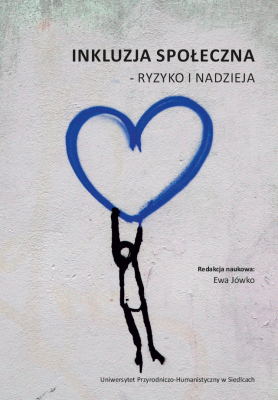Promoting Social Inclusion through the Development of Intercultural Competence in Foreign Language Education
Synopsis
The following report aims to provide results from the analysis of the present, the new and the draft programs for foreign language education in the primary level of the Bulgarian education system, with a view to promoting social inclusion and enhancing the development of intercultural competence in a school setting. Bulgarian, as well as European schools as major agents of socialization are presented with the great challenge of realizing one of the main aims of European educational legislation – that of social inclusion. This could be achieved by enhancing intercultural competence, because when students understand each other`s differences and are tolerant towards others, they could accept ‘different’ people as equal and as an integral part of society.
Downloads
Published
License

This work is licensed under a Creative Commons Attribution-NonCommercial 4.0 International License.





